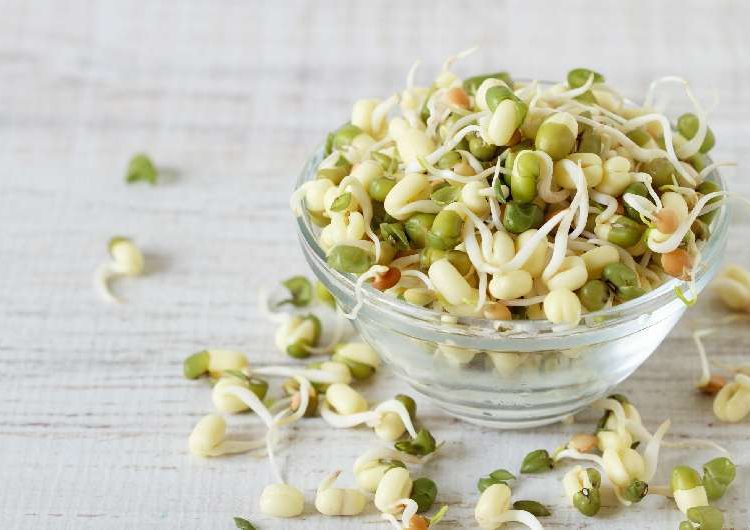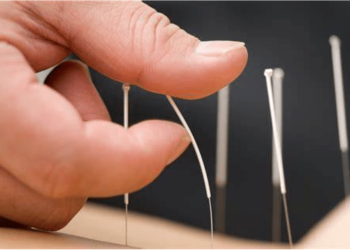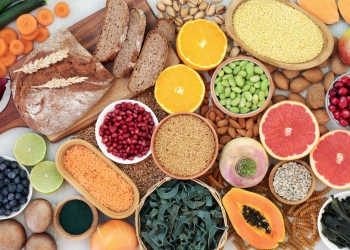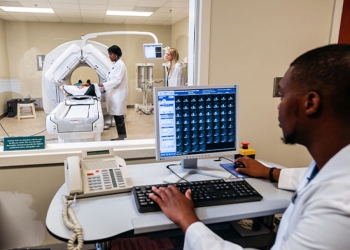Sprouting grains, according to one nutritionist, can pack a lot more nutritious punch than conventionally cooked legumes in some circumstances, because the act of sprouting reduces carbs while increasing protein and fiber by 10-20%. Increases. Eating legumes that have been soaked for up to 72 hours provides several health benefits due to a 50 percent increase in antioxidant content. Consuming soaked grains has been demonstrated to improve cardiovascular health by lowering cholesterol levels in persons with diabetes or obesity, according to studies. According to a study, sprouts can help reduce triglycerides and LDL cholesterol while also increasing good cholesterol in the body.
Soak your legumes and eat the super-healthy breakfast of sprouts to strengthen your immunity and keep a variety of ailments at bay. “Carbohydrates are used in the germination process. Because carbs are depleted, the density of everything else increases. According to a recent study, both protein and fiber percentages increase by 10% to 20%,” noted nutritionist Bhuvan Rastogi in a recent Instagram post. Soaking grains and nuts reduce tannin and phytic acid, resulting in increased vitamin availability.
10 Best Protein Powder for Pregnant Women | Pregnancy-Safe Protein
“Anti-nutrients in legumes, such as tannins and phytic acid, prevent the absorption of micronutrients from the diet. Sprouting reduces this by up to 90%,” Rastogi explains. “Antioxidants help to strengthen the immune system. The rise in antioxidant activity after 24 hours of sprouting is about 50%, with a maximum of 80%” Rastogi said. Soaking legumes increase their volume by 50 percent or more as the water content in them increases. While this may diminish their nutritional richness, having more sprouts than dal will guarantee that they get enough protein and fiber.
As the number of water increases, the volume of the beans will expand by 50 percent or more. While this reduces their nutritional density, sprouting them in greater quantities than lentils ensures that they get enough protein and fiber. “Because sprouts have very little fat, they are largely water with a lot of vitamins,” adds the dietician























